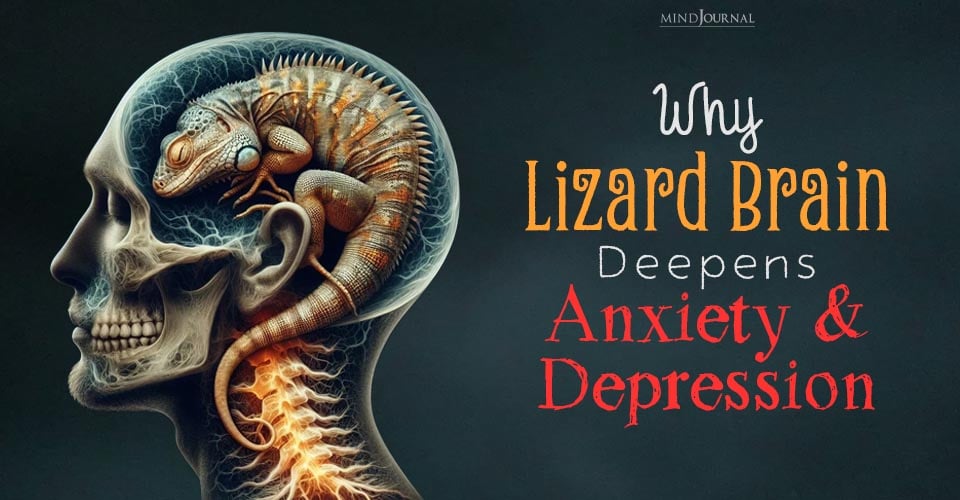When it comes to depression, unfortunately, there are many myths surrounding antidepressants. And if you are planning on having them, it’s better to know beforehand what is real and what is not so real about them. This will help you understand everything better and also help in your recovery.
When it comes to mental health, the best treatment approaches generally include a combination of talk therapy and medication, clinically called pharmacotherapy— the use of medication to help alleviate mental illness symptoms.
If you or someone you love has been recently diagnosed with a mental health disorder, research what the best treatments are—and learn about the myths that often come with the treatment of mental illnesses. This will deepen your understanding and reduce stigma.
In particular, make sure you learn about the myths surrounding medication. Studies have long shown that how you feel about taking medication will set the trajectory of your health and wellness. When it comes to depression, there are many myths surrounding antidepressant medications. Here are six to explore.
Here Are 6 Antidepressant Medication Myths
1. Antidepressants Are “Addictive.”
False. Antidepressants are not addictive in the way that most people would use the word. You don’t crave your antidepressant. However, the medicine that gets introduced to your central nervous system becomes something your body recognizes each day. Stopping medication without guidance from a professional can cause discontinuation syndrome. This may be avoided when proper dosage-stopping is monitored.
Related: 5 Ways To Help Someone Who Is Dealing With Depression
2. Antidepressants Are “Happy Pills.”
False. Antidepressants don’t induce happiness. Unlike drugs like amphetamines or MDMA that offer a state of euphoria, antidepressants generally reduce the symptoms of depression in children or adults with a mood disorder. Again, the combined use of medication and psychotherapy will address the symptoms of depression – with the goal of improving your well-being.
3. Antidepressants Are A “Quick Fix” And Don’t Really Cure Depression.
False. One thing antidepressants surely aren’t is quick. Most take a minimum of four to six weeks to reach a full therapeutic level. And they are not meant to “fix” your depression, per se. Most people with depression need to address the psychological, social, and environmental issues that contribute to their depression.
4. Antidepressants Will Change Your Personality.
False. Antidepressants can reduce symptoms of depression which will normalize the mood ranges of children and adults who have a mood disorder. Behaviors may change, but who you are doesn’t change – your personality remains intact.
5. Antidepressants Will Make You “Forget” Your Problems Instead Of Dealing With Them.
False. Antidepressants will not make you forget or erase your problems. These medications lift depressive symptoms, improving your thinking, judgment, and reasoning. This treatment approach can make it more productive for you to problem solve and address life issues.
Related: The 10 Basic Do’s And Don’ts Of Depression
6. Once You Start Taking Antidepressants, You’re On Them For The Rest Of Your Life.
False. For the majority of people, this is not true. Many who take antidepressant medication will stop their prescription when remission from depression occurs. This generally occurs within one to two years of taking antidepressant medications.
Treatment for depression is not a one-size-fits-all experience. To discover if antidepressant medication or other forms of psychopharmacology are a good fit for you, consider looking into genetic testing for medications. These tests have become more widely available and covered under insurance.
Genetic testing for psychiatric medications can assess if you have the genetic makeup that works effectively with the medications prescribed. Genetic testing also reveals if there will be potential adverse drug reactions – and even isolate if you have genetic tendencies toward treatment-resistant depression. All of this information can help you and your health professional team decide if antidepressant medication is a viable choice to consider for your depression treatment plan – or if other alternative treatments should be considered.
Written By Deborah Serani
Originally Appeared In Psychology Today










Leave a Reply